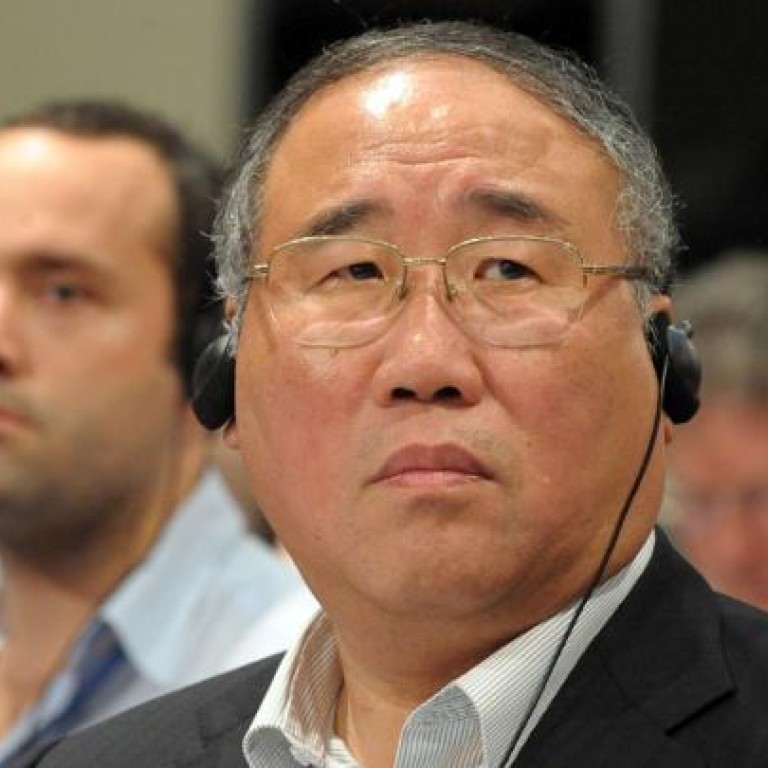
China's intransigence to block Doha climate deal next week
Cutting down metal production will in turn reduce carbon emissions from power plants by 2 per cent and will not cause any hardship
On Monday government climate negotiators from around the world will arrive in the Qatari capital Doha to spend two weeks trading accusations and recriminations amid a mood of mutual mistrust and suspicion.
We got a foretaste of what the mood will be like yesterday when Beijing's chief negotiator, Xie Zhenhua, declared that the talks should "address the different realities and needs of different countries".
This is a long-winded way of saying that Beijing will refuse to consider making any cuts at all in China's emissions of greenhouse gases.
Chinese officials have long maintained that such cuts would be unfair. First, they argue that China's emissions are much lower on a per capita basis than those of developed countries.
Second, they maintain that as a late-comer to industrialisation, China's cumulative historical emissions are relatively low.
They say the global warming we see today is caused by developed countries, which have been pumping out climate-warming greenhouse gases for centuries.
Both arguments are spurious. Last year China emitted about seven tonnes of carbon dioxide per head of population. That's low compared to the US, at 19 tonnes. But as the first chart below shows, it's higher than a number of developed countries including France, Sweden and Switzerland.
The cumulative emissions argument doesn't stand up either. China's emissions have grown so rapidly over recent years that data compiled by the Carbon Dioxide Information Analysis Centre suggest China's cumulative greenhouse gas emissions now outweigh those of Germany and Japan put together.
In any case, China's carbon dioxide output is now so huge - greater than that of the United States and the European Union combined, according to some estimates (see the second chart) - that no international deal to tackle global warming can possibly work unless China agrees to cap its emissions.
Beijing dismisses this suggestion out of hand, arguing that capping emissions would be economically ruinous.
Yet capping China's carbon emissions without damaging the economy wouldn't be too difficult.
According to figures from the International Energy Agency, 83 per cent of the carbon dioxide China pumped out in 2010 came from burning coal. Almost all of that coal was burned to generate electricity.
And by far the biggest user of electricity is China's heavy industrial sector, its metal-producing industries in particular. According to research house GK Dragonomics, metal smelters - primarily for steel and aluminium - consumed 19 per cent of all the electricity generated in China last year.
Yet China has enormous overcapacity in its metals sector. This year the country is on track to produce a record 713 million tonnes of steel. But because of the slowdown in the property and infrastructure sectors as Beijing's 2009 stimulus effort unwinds, sales of steel products have plunged by a third.
Overproduction of energy-intensive aluminium is just as excessive. Output was up 15 per cent in year-on-year terms last month, while demand has softened. Unsurprisingly, inventories have ballooned. As a result, switching off 10 per cent of China's metal production would cause no supply shortage. But it would allow electricity generators to shut down enough coal-fired power stations to produce an immediate reduction of at least 2 per cent in China's carbon emissions.
That's just one example of how economically smarter energy use could help stabilise and potentially reduce China's emissions. There are plenty of others.
But don't expect Beijing to consider putting them on the table next week in Doha. That would be unfair.

